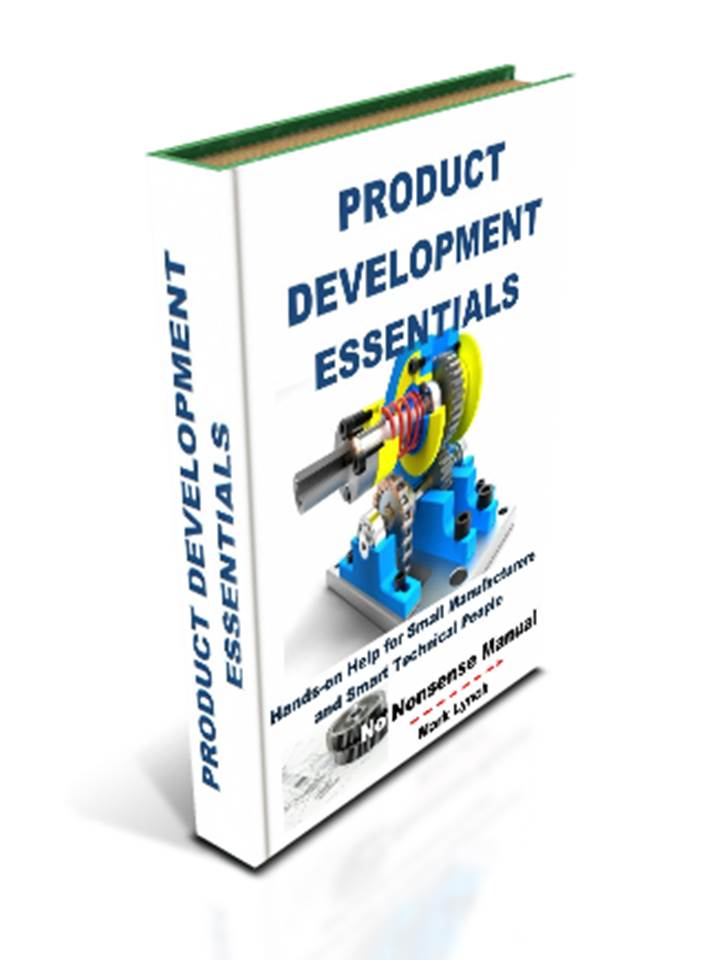'Hands-on Help for SMEs' and Smart Technical People'
Critical
Skills Shortages:
The Problem and Potential Solutions for You
Solving Skills Gaps
Solving Skills Gaps
Strong leadership and the ability to step-up, get organised and make things happen, is key to step-change manufacturing improvement. Getting and retaining good people is often a challenge – let’s face it, it isn’t easy! Part of the solution could be to develop great people and highly effective teams in-house, with our help. What’s more, recruitment and retention are likely to be better once employees realise they are onto a good thing.
Skills Gaps - Potential Consequences for Your Business
- Acute pressure on the few remaining staff who possess key skills
- Constant fire-fighting and increased stress for your hard-pressed employees
- Bottlenecks during development and production, with increased work-in-progress
- Late delivery and missed deadlines
- Inability to take on new orders
- Increased costs of contracting-in skills
- Poor quality and an increased number of defects
- Inability to innovate and make improvements – no time as staff are constantly fire-fighting
- More money tied up, less cash flow and less profit
Why You Need New Skills
- Retirement of skilled engineers and technicians
- Fierce competition for high-value specialist skills, within your industry and globally
- Evolving technology, software and equipment
- Changing trading environment including legislation, regulation and new services
- Lack of strong applicants with technical skills, particularly young self-starters
- Development of new products, delivery of new services and new internal practices
Types of Skills Small Manufacturers Desperately Need
- Vocational Skills of all disciplines, underpinned with general engineering and tooling knowledge. Good quality, well-structured engineering apprenticeships.
- Modern engineering design and manufacturing skills, including 3D CAD, CAM and CNC machining, automation and robotics expertise. Training and skills up to a recognised, accredited industry level.
- Electronic and electrical engineering skills. Software and coding expertise.
- IT and web competencies, to fully exploit the impact of the internet on product development and production facilities, as well as for after-sales service and maintenance.
- Engineers able to comfortably network and liaise with technical professionals from a range of different engineering and scientific disciplines. Those with expertise to locate and apply relevant R&D, from sources such as other industry sectors, research houses and academia.
- High-value niche knowledge in a range of areas; ready to apply research and incorporate it into production-ready products. Sound theoretical and application knowledge in the form of good quality technical qualifications, at all levels.
- Strong engineering leadership and management skills and training, again at all levels of the business. To organise, inspire, motivate and lead employees.
Common reasons small manufacturers haven’t embraced training, include the relatively high costs for many and a general lack of time. Typically they are preoccupied with core business. In addition, some simply are not sure of the best way of going about obtained structured training, which is best suited to them. To directly address these points and provide real help to small manufacturers, we’ve done the following things…
- All information is provided either FREE or at very low cost (yet still high-value).
- Designed it for your convenience, so it can fit around your core job, be weaved into your responsibilities and form part of your personal development plan.
- Ensured it is relevant, as well as providing many hints and tips to help you get on
- Laid out the information in a clear and structured way, whilst at the same time making sure the format can still be easily tailored to you.
- Provided plenty of useful advice to help you research, find out more and take the next steps.
- Information is easy to read and absorb.
We‘ve put together a range of powerful, targeted material to enable you to identify and genuinely improve skill levels, for both you and your colleagues. Coupled with this is the ability to establish where skills are needed in the business, and then directly align this to employee personal development plans. Businesses have the option of either raising the skill levels of existing employees, or alternatively recruiting externally to fill skills gaps. Importantly, crucial information about jobs, skills and training for small manufacturers like you, is all here — all in 1 place, for your convenience.
Solving Skills Gaps...
Providing You with the Facts for Clear Decision Making
Talking about everything in a single location, we’ve undertaken stacks of research so you don’t have to. We’ve filtered out what’s not important, leaving you with the core information to give you the facts, together with crucial links to find out more.
Often small manufacturers are put off investing in skills because of the complicated range of options. We’ve untangled this to bring you key information about apprenticeships, vocational training and technical qualifications of all descriptions. Not surprisingly the current process is perceived to be too bureaucratic and complex. We provide the core info and advice, with links to discover more – enabling engineers and manufacturers to make clear comparisons and informed decisions.
Skills Gaps - What you can do about it?
- Identify the skills needed for your personal development, for your team and for your business.
- Rapidly map out how you intend to fill the gaps – training, longer term staff development or recruitment – a wide range of solutions are provided, with suggestions tailoring to your needs.
- Directly link skills gaps and team training needs to personal development plans for employees.
- Hints, tips and advice to integrate personal development into your current role and actually make it happen, rather than procrastinating.
- Use our quick to fill template for setting and completing personal development goals.
- Understand responsibility for personal development ultimately lies with you.
- Realise a supportive and encouraging work environment is an investment which pays dividends many times over, through staff recruitment and retention incentives.
As ever, all information is targeted for small manufacturers and individual engineers. Topics covered in detail include the following:
- Career Management – The Key Facts: Getting Yourself Organised
- Vocational Training and Apprenticeships
- Qualifications Advice
- Professional Engineering Institutions
- Engineering Publications and Media
- Career Planner
- Skills Identification System
- Essential Engineering Leadership and Management Skills
- Engineering Leadership
- People Management
- Networking for Engineers
- Public Speaking for Engineers
- Project Management for Engineers
- Search for the Right Job for You – Not any old Job!
- Job Search and Technical Recruitment Sources
- The Professional CV – Beat the Competition and Secure Interviews
- Covering Letters – What Employers want to Read
- Interview Tips and Techniques
- Search and Find THAT Engineering Job
Use our information to make the case for raising the profile and commitment to skills and personal development, in your place of work.
Back to Be the Best Engineer You Can Be
If there is such a shortage of engineers, why aren’t engineering salaries shooting through the roof? What do you think?
We constantly hear about the skills shortage in engineering and high-end manufacturing? Well according to the laws of supply and demand, a shortage of anything should increase its value. So why aren’t engineering salaries sky rocketing as a result? Or are they? What do you think?











